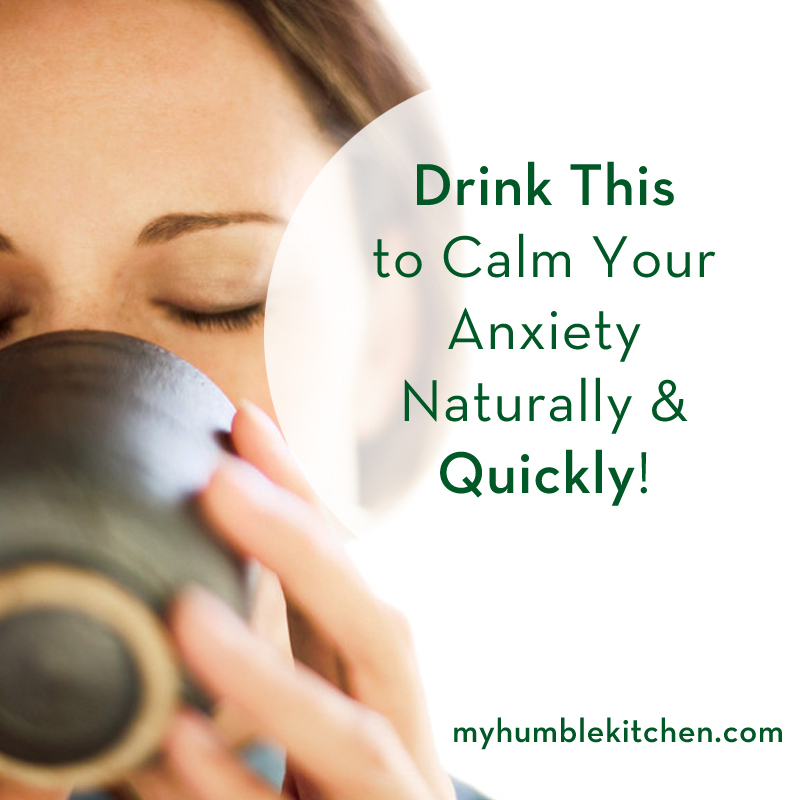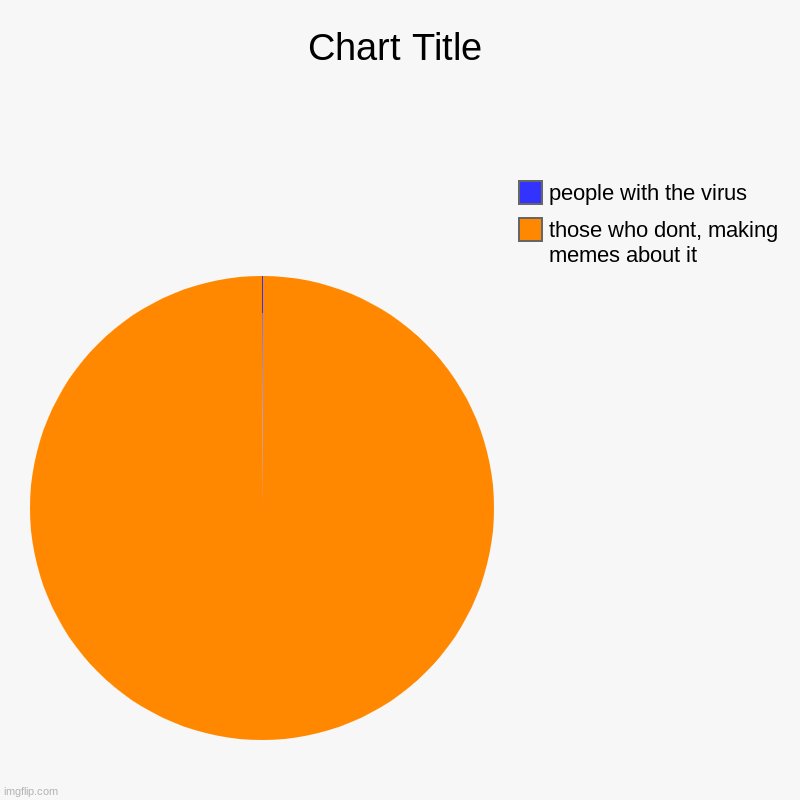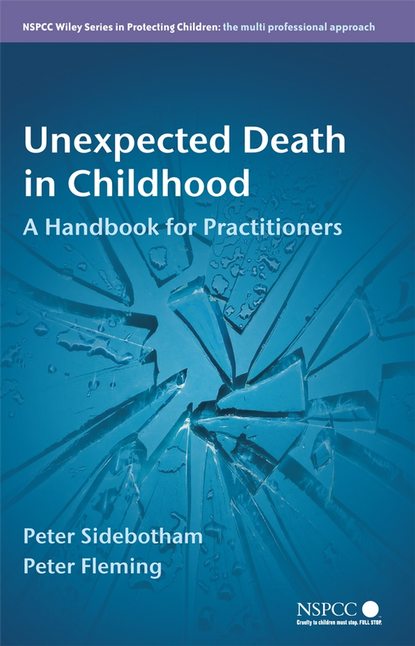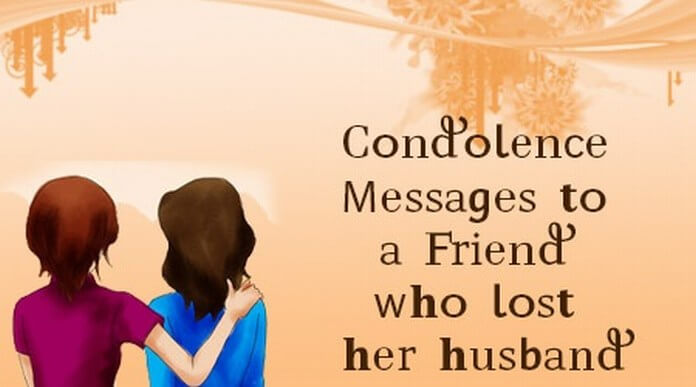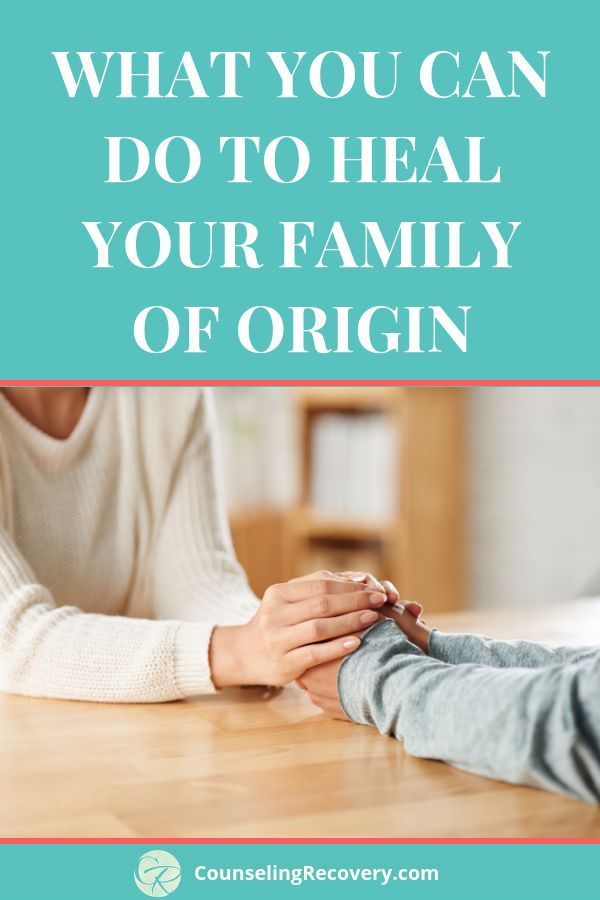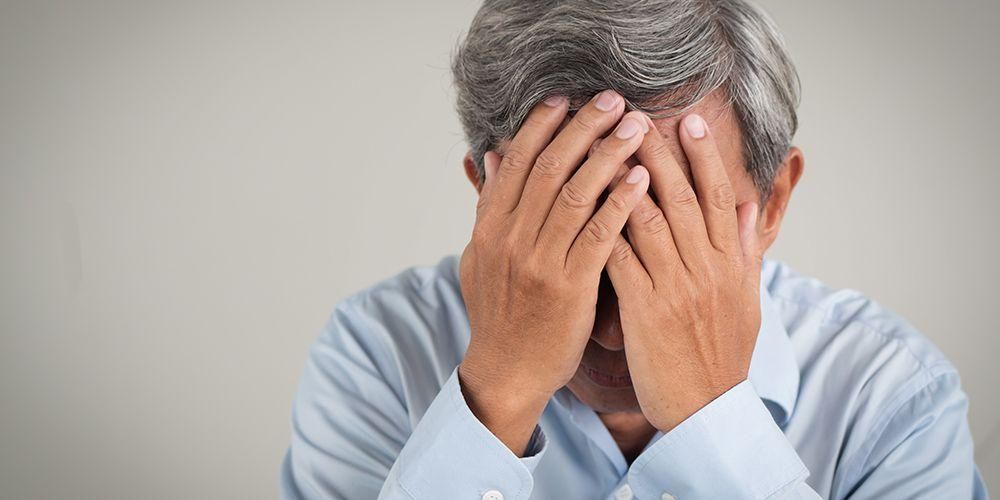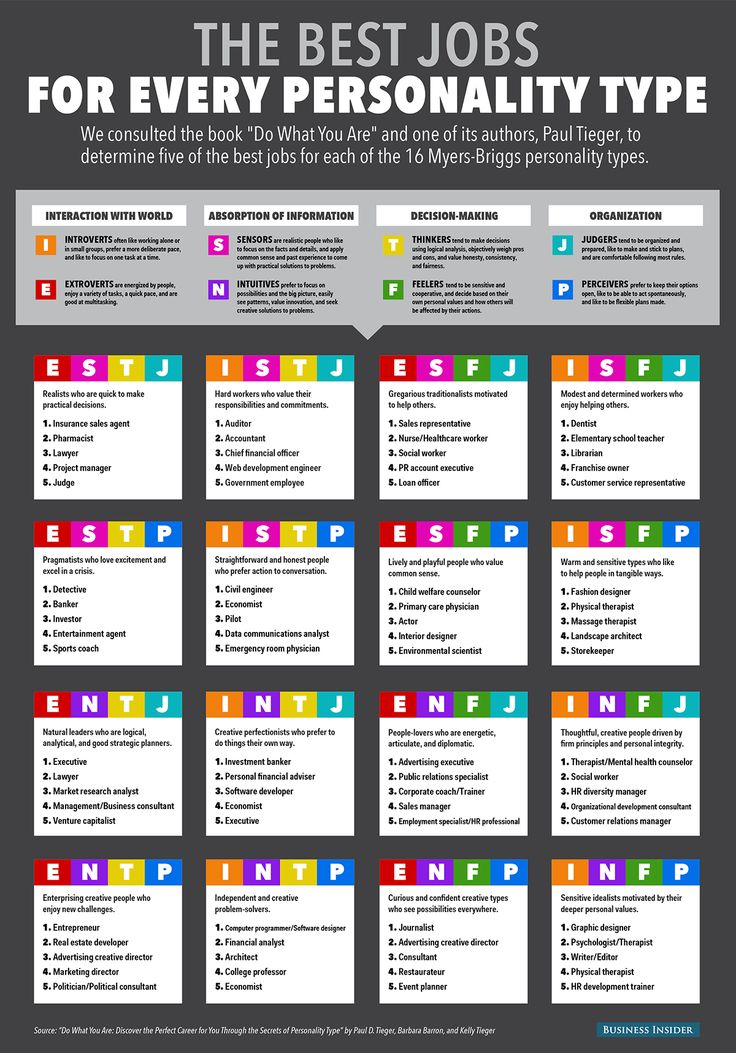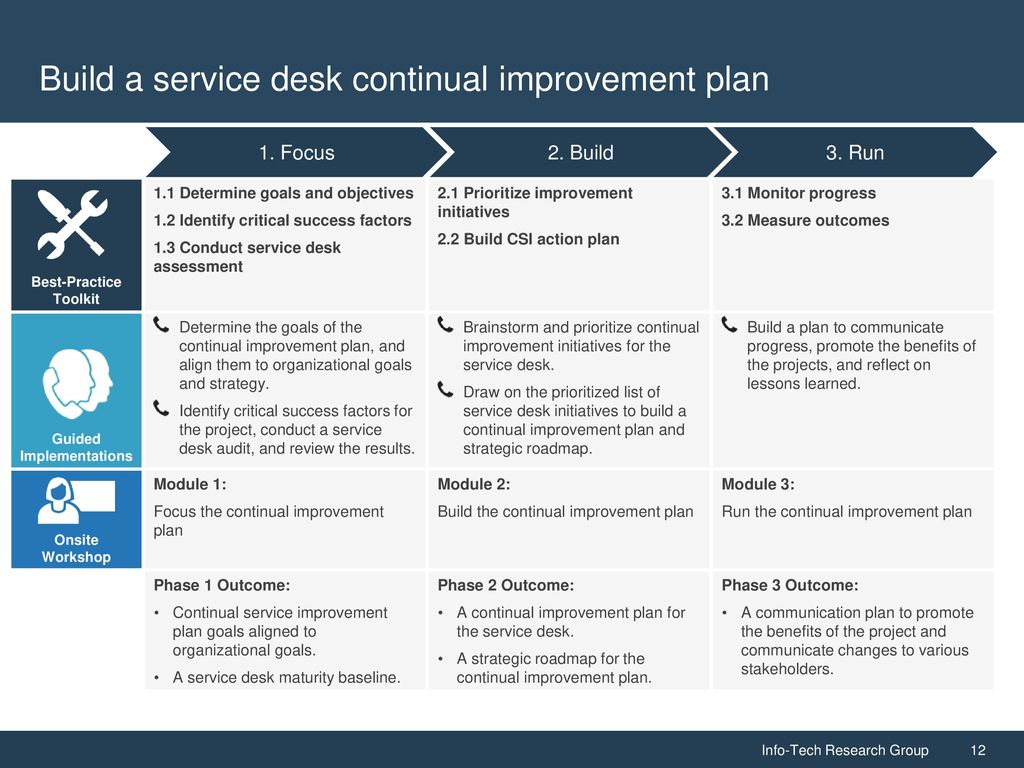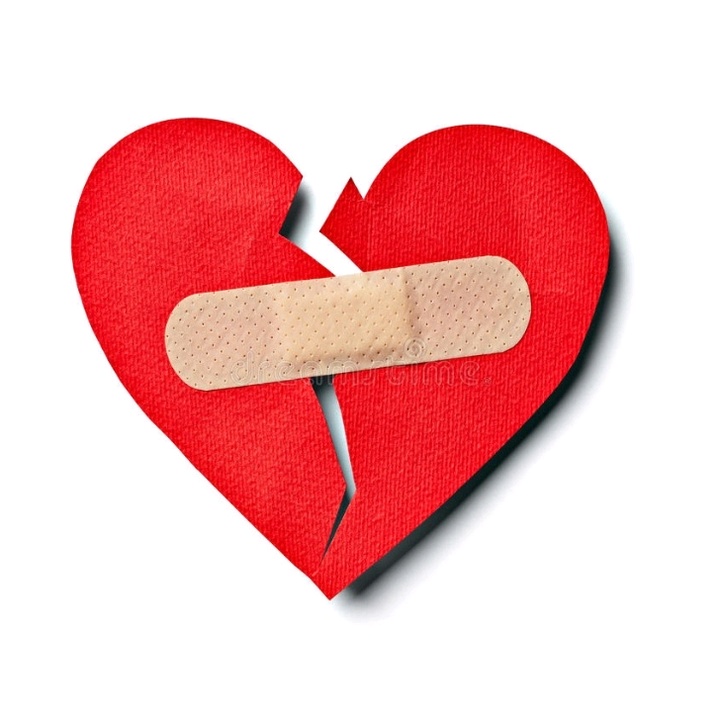How to relax your anxiety
Tips to help ease anxiety
Speaking of Health
Topics in this Post
- Anxiety
- Balance your mental and emotional health
- Family Medicine
- Behavioral Health
- COVID-19
Anxiety often is described as sustained and excessive worry that a person cannot control, and is related many times to the anticipation of a future threat, such as COVD-19 or a traumatic event. At times, anxiety can have a large and negative affect on our daily lives, work, relationships and overall happiness. Anxiety also can manifest as an irritable, worried, restless and debilitating stress response which can last for minutes to days. Most everyone has had anxiety surrounding a stressful situation.
Anxiety becomes an obstacle for a happy, healthy life when it affects our day-to-day lives in these ways:
Emotionally, anxiety can appear as:
- Excessive worry
- Fatigue
- Irritability
- Panic attacks
- Paranoia
- Poor concentration
- Restlessness
- Sleep disturbances
Physically, anxiety can appear as:
- Chest pain
- Diarrhea, stool pattern changes or upset stomach
- Headache
- Increased heart rate
- Muscle aches
- Shaking
- Shortness of breath
- Sweating
The negative effects of anxiety
Left unchecked, anxiety can negatively affect our lives in these ways:
- Interrupting daily life — Causing issues at home, school, work and socially
- Isolating us — Not wanting to participate in normal daily activities or take new steps in life due to fear
- Emotionally — Increasing our risk for depression, suicide and failure to progress in life
- Physically — Increasing our risk for physical distress, nausea, vomiting, diarrhea, constipation, chest pain and tremors
- Mentally — Increasing our risk for financial complications, poor decision-making and poor communication
Tips to help combat anxiety
There are a number of things you can try to help combat anxiety, including:
- Behavioral therapy
- Deep breathing
- Exercise
- Journaling
- Meditation
- Reading
- Socializing, following pandemic guidelines of social distancing, masking and hand hygiene)
- Speaking with your health care provider
- Spirituality
- Thought reframing
When to seek advice or treatment from a medical professional
It's recommended you speak to a health care provider about your anxiety should any of these situations occur:
- Your anxiety becomes an obstacle — In any aspect of everyday living, often causing difficulties for six or more months
- Your anxiety becomes a negative influence in relationships — Creating barriers in life
- Your anxiety leads to isolation — Producing thoughts of hopelessness or helplessness
- Your anxiety controls your life — When your emotional or physical response to excessive worry is controlling your life in some aspect or another
A person with anxiety can seek support from a therapist, medical provider, family member, friend, community support person, crisis line resource or a crisis center. Depending on the severity of your anxiety, a behavioral therapy plan, anti-anxiety medication and/or coping mechanisms may be directed to your personal situation.
Recognition of anxiety is a key factor in dealing with excessive worry and moving forward in life. If you have any of the above symptoms or have difficulty controlling worry in your life, ask yourself if it could be anxiety you're experiencing. It's important to share any concerns of excessive worry with your health care provider so we can help you identify ways to address your anxiety and move past the debilitation of excessive worry.
If COVID-19 has increased your anxiety, learn ways to tame anxiety during the pandemic, and get tips for mindfulness and coping.
Jill Christensen is a Family Medicine nurse practitioner in Waterville, Minnesota.
For the safety of our patients, staff and visitors, Mayo Clinic has strict masking policies in place. Anyone shown without a mask was either recorded prior to COVID-19 or recorded in a non-patient care area where social distancing and other safety protocols were followed.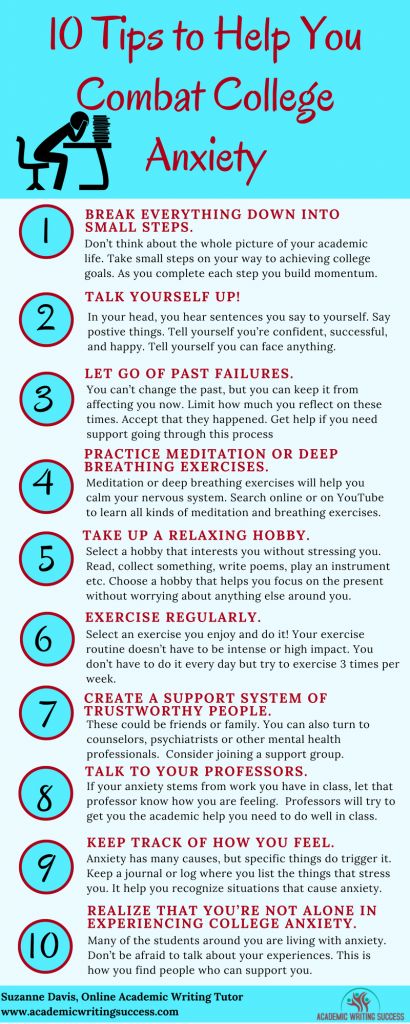
Topics in this Post
- Anxiety
- Balance your mental and emotional health
- Family Medicine
- Behavioral Health
- COVID-19
Self-care tips during the COVID-19 pandemic
Use mindfulness to improve well-being
Kindness in action brings healthy rewards
How to Ease Your Anxiety
Everyone feels anxious from time to time. Occasional anxiety is a normal reaction to uncertainty about what’s going to happen next, whether that’s in the next few minutes, days, or months.
Mental health experts define anxiety as worry over a threat that’s still in your future. Thinking about a conversation you dread, for example, could twist your stomach into knots days before it happens. Your heart may race before an exam or presentation. You might lie awake at night worried about whether you’ll catch COVID-19 at the grocery store.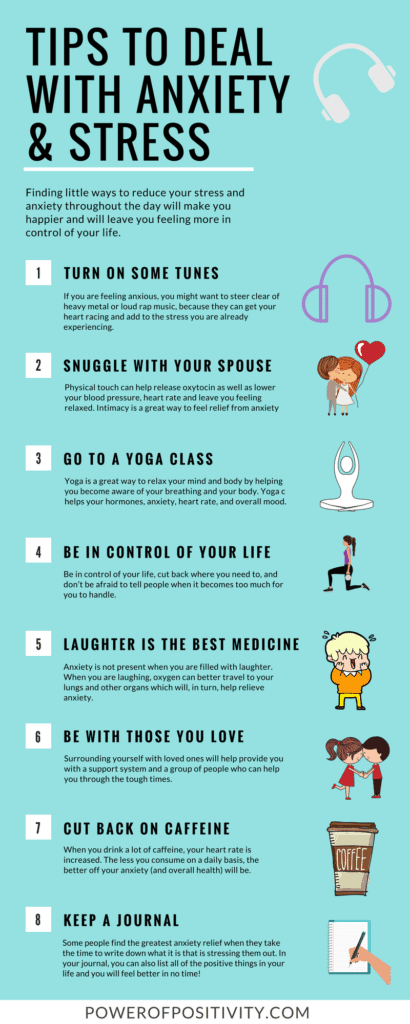
It’s also normal to want to get rid of those uncomfortable, pit-of-the-stomach feelings as quickly as possible. But that approach can make you more anxious, says David H. Rosmarin, PhD, associate professor of psychology at Harvard Medical School in Boston.
“When you worry about getting rid of your anxiety, you’re signaling your nervous system that you have even more to be anxious about. And that makes your anxiety worse,” he says.
Keep in mind that if your anxiety is long-lasting and interferes with your daily life, you could have an anxiety disorder. In that case, you may need treatment to overcome it.
Calm Anxiety by Accepting It
It’s not what people expect to hear. But one of the most effective ways to ease occasional anxiety is to accept it, says Rosmarin, who is also founder of the Center for Anxiety in New York City.
“When we let anxiety run its course in the moment without fighting it, ironically, that makes it less. On the other hand, fighting anxiety is what typically [triggers] a panic attack,” he says.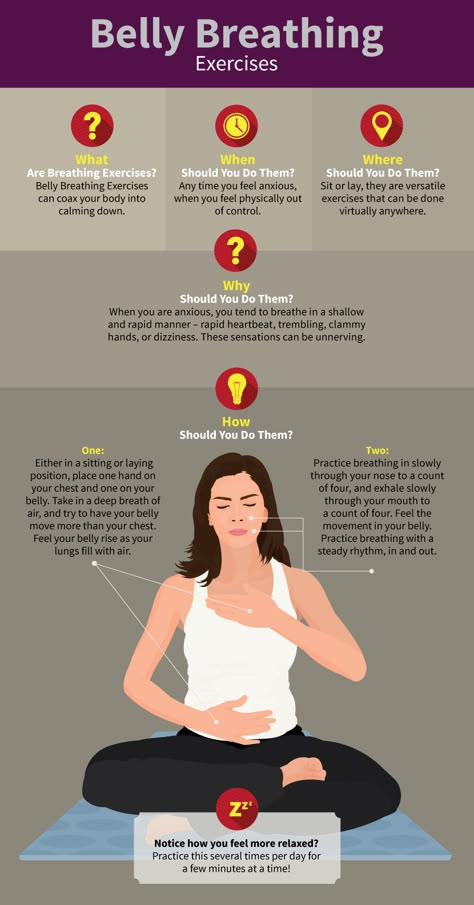
“And, if your only strategy is to distract yourself from your anxiety or to avoid things that cause it, you’ll always be afraid of it. It’s always going to be the bully in the schoolyard because you’ve never learned to deal with it.”
The Anxiety and Depression Association of America puts it this way: “The thoughts you resist persist.”
Try these steps instead:
Recognize and understand your anxiety: Tell yourself, “My nervous system is kicking into high gear because I’m worried about [thing X].”
Don’t criticize yourself for those feelings: Instead, say, “This is a normal, healthy response by my body to these circumstances, which are complicated, stressful, or difficult. It’s OK to feel this way.”
Know that you can have anxiety and still function well: “You can perform very well with anxiety, and probably have done so before,” Rosmarin says.
Think back to a time when you were anxious but did what you needed to do anyway. Maybe you were filled with anxiety before an event or a meeting. But later, someone said you did a great job.
Maybe you were filled with anxiety before an event or a meeting. But later, someone said you did a great job.
How to Stop Anxiety
When your anxiety feels overwhelming, these techniques can give you quick, short-term relief.
Do a reality check: Ask yourself these questions:
- On scale of 1 to 100, how likely is it that the thing I’m anxious about will happen?
- Do I have good reasons to think something will go wrong?
- Is there a chance I’m overly worried?
Share your anxiety with someone you trust: Don’t avoid your anxious thoughts, which can make them worse. Talk them over with a friend or family member, who can help you put them in perspective.
Remind yourself that you’re safe: “When anxiety kicks in you may feel scared or out of control, with your mind racing to all these uncertain future catastrophes,” says clinical psychologist Debra Kissen, PhD, chief executive officer of Light On Anxiety CBT Treatment Centers in the Chicago area.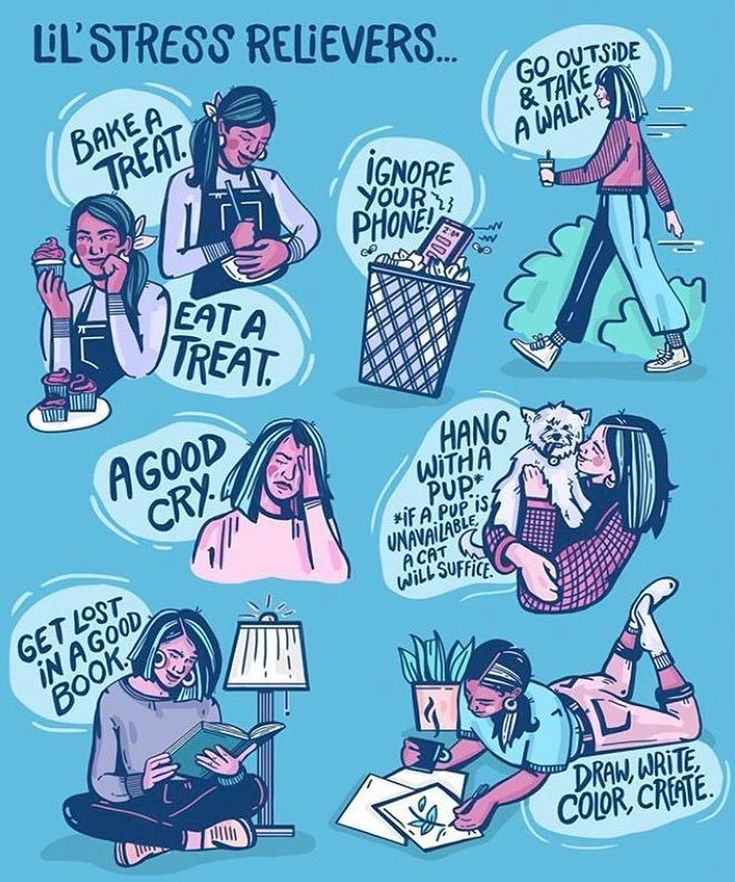
“Ask yourself, ‘Is there a real danger in front of me, or am I actually safe at home and worried about something that’s no threat to me right now?’” she says. “This thinking can ground you in the moment and reboot your brain and body so you feel less anxious.”
Redirect nervous energy: Anxiety can be like a motor revving, says licensed professional counselor Lisa Henderson. “Take control of that energy and put it somewhere else,” says Henderson, co-founder and chief executive officer of Synchronous Health in Nashville.
“If you’re sitting there worried, for example, get up and walk or pace,” she says. “Take a few minutes to clean something. Go outside for 5 minutes. Shorts bursts of activity can release that anxious energy.”
Take a mental break: “Use a guided imagery app or simply daydream on your own,” Henderson says. “A brief mental vacation can break the cycle of anxious thoughts.”
To try this on your own, set a timer for a few minutes, close your eyes, and picture yourself somewhere you feel peaceful or happy.
“Just letting your mind wander can work well if your anxiety comes from feeling controlled or managed,” Henderson says. “If your mind returns to its anxious thoughts, notice -- without judgment -- that it’s happened and mentally tell your anxiety ‘I’ll be with you in a moment.’ Then go back to your daydream.”
You may prefer an app that guides you through your thoughts to help you release anxiety. Find relaxation or meditation apps that appeal to you and give them try.
Just breathe: Inhale and exhale slowly, evenly, and deeply for several breaths.
Change your position: “Whatever you’re doing, do the opposite,” Kissen says. “If you’re hunched over with worry, stand up and take a Wonder Woman pose. If you’re under a blanket, go wash your face with cold water. Changing your sensory experience can ‘change the channel’ from anxiety.”
Use a mantra: A mantra can shift your mind away from anxious thoughts that play over and over in your head, Kissen says.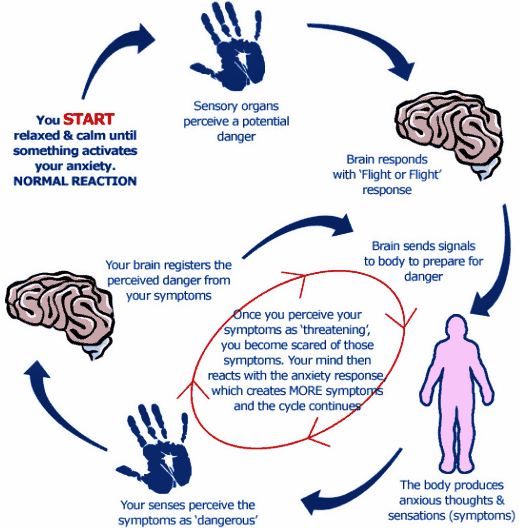
Two she likes are: “These thoughts are uncomfortable, but not dangerous,” and “This, too, will pass.”
Put your anxiety on a schedule: Pick a 15-minute window during the day to think about your anxieties. “During that time, tell your brain to just go for it and let the anxious thoughts come,” Kissen says. “But when they arise outside that time, tell them ‘I’m willing to hear you, but come back tomorrow at 3 p.m.’”
If anxiety keeps you awake, get up: “If you’re lying in bed worrying about things for more than 5 minutes, get up and go to another room and write down your anxieties,” Kissen says. “Go back to bed when you’re tired, but get up again if you feel anxious. It might take a few nights of going back and forth, but this exercise can train your brain that your bed is for sleep, not for anxiety.”
Do I Need Treatment for Anxiety?
There’s a lot you can do on your own to relieve anxiety, but sometimes you need help. Psychotherapy and medication are the two main treatments for anxiety disorders.
Signs that it’s time to talk to a mental health professional include:
- Constant or nearly constant anxiety
- Anxiety that gets in the way of your daily activities, like work or social life
- Anxiety about things that don’t actually threaten you
- Panic attacks
Check your health insurance policy to see what mental health services your plan covers. Then, review a list of your in-network providers to find one to connect with.
“You don’t want to add to your anxiety by paying big out-of-pocket fees,” Kissen says.
Your primary care doctor may also be able to recommend a mental health professional with experience treating anxiety and anxiety disorders.
Rosmarin notes that it’s important to find a provider you click with and trust. He also says therapy doesn’t need to go on indefinitely to be effective.
“A course of cognitive behavioral therapy for anxiety may be eight to 10 sessions,” he says. “There’s also data to suggest that people feel substantially better after just one therapy session for panic disorder. ”
”
How to cope with anxiety: 7 ways to help ‹ GO Blog
Anxiety is an emotional state caused by the expectation of danger or threat. While fear is a basic human emotion associated with the instinct of self-preservation, and appears directly at the moment of danger.
The terms "fear" and "anxiety" are not synonymous, but they can be used interchangeably when it comes to situational anxiety (state at a given moment in time).
In the normal state, the self-preservation function encourages action, but there are also moments of apathy when anxiety intensifies.
We will tell you how to cope with anxiety on your own and determine its level in yourself.
Read more: "9 Proven Ways to Beat Procrastination"
How to Measure Anxiety
American psychologist Charles Spielberger studied more than 117 signs of human anxiety and created a scale to determine its level. His "assessment of the level of anxiety" is divided into situational and personal. Situational is responsible for the state at a given moment in time and the influence of external circumstances - for example, self-isolation. Personal - character of a person.
Situational is responsible for the state at a given moment in time and the influence of external circumstances - for example, self-isolation. Personal - character of a person.
To determine “your level” of anxiety, you can take a test of 40 short questions.
What causes anxiety
The main factors that provoke increased anxiety in us are loneliness, problems at work, problems in relationships, health, environment and all sorts of conflicts.
Our way of life also has a great influence. For example, we are more likely to experience anxiety states if we are constantly on the phone or watching the news on TV. Digital progress has certainly made our life faster and better, but we pay for this comfort with an additional level of stress, new fears and complexes due to the large flow of news.
Try to minimize the number of hours spent on the Internet. Go outdoors, read, do yoga, cook, cross-stitch, build LEGOs – there are so many more options than you might think.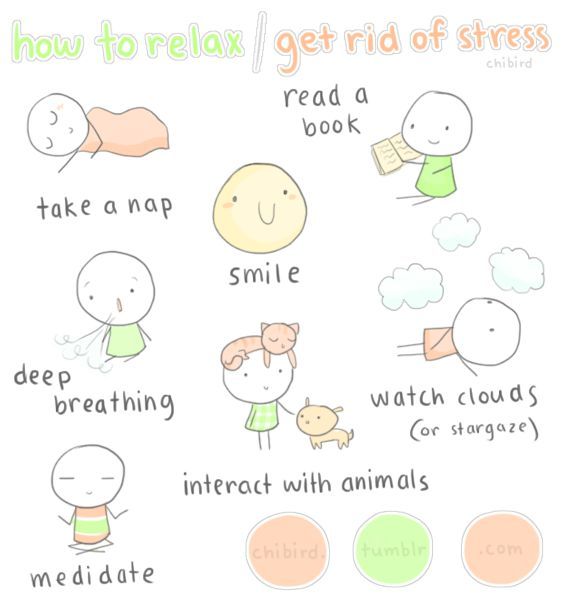
Stages of anxiety
– Waiting alarm. People who foresee the most unfavorable of all possible situations suffer. Such anxiety can appear at certain moments or haunt a person constantly.
– Anxiety in the form of phobias is associated with certain situations and objects. For example, fear of loneliness, spiders or darkness. May be a clinical case if expressed in the form of panic attacks.
- Neurotic anxiety. This form of anxiety is the most serious and is found in many psychological diseases: hysterical, schizoid. There is a pathological level of fear here that destroys the mental health of a person.
The whole planet is now in fear of waiting due to the incessant flow of news and uncertainty. "Fear of waiting" or "free fear" is formed due to the information flow in which we are constantly immersed. The tools that help to cope with situational anxiety, which has no connection with clinical cases, will be described below.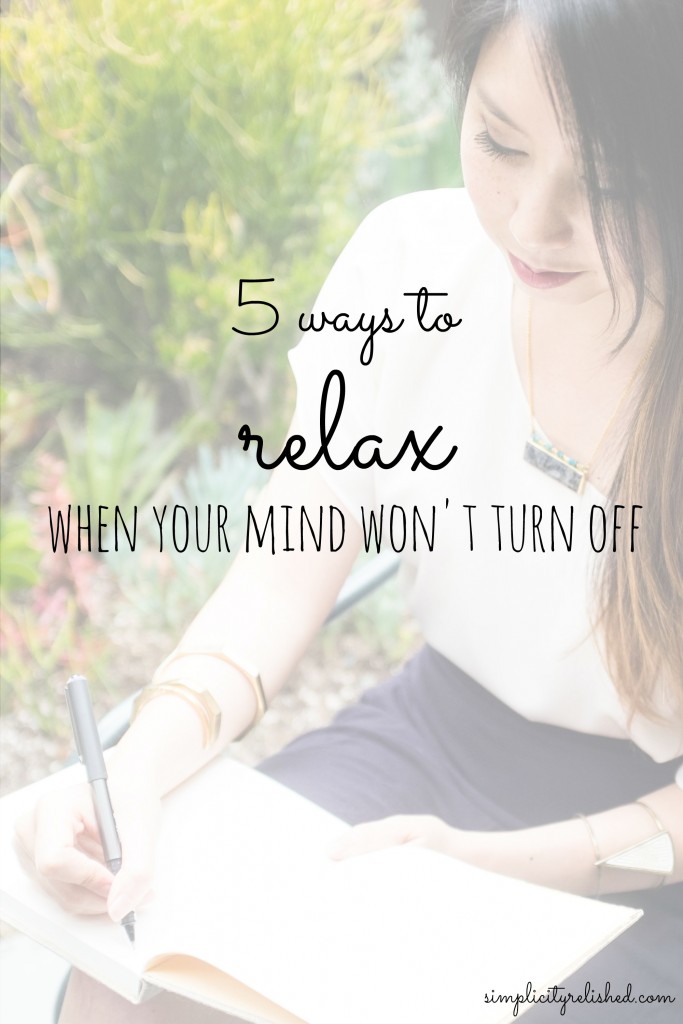
False alarm
Feelings of fear are easily confused, so before we talk about how to get rid of anxiety, we will learn how to identify it.
There are situations when we do not distinguish between emotions, so the so-called "false alarm" is formed. In this case, the first thing psychologists can advise is to learn how to isolate anxiety from a large stream of other emotions. Observe for yourself - in what situations you are overcome by anxiety. Divide these situations into those in which anxiety is justified and those where it is not.
For example, you are on a bus and as you approach the bus stop, you are overtaken by a feeling of anxiety. On the one hand, this may be due to fear that you will miss your stop, or a sense of shame, as it is embarrassing to ask the driver to stop the car.
Another example is when you want to ask the teacher in class, but you are afraid to raise your hand. This fear may arise from self-doubt and the expectation that classmates will laugh at you.
Sometimes anxiety is born from some other feelings, such as shame or insecurity. Realizing this and overcoming it, you no longer have a reason for concern, and with it the state of anxiety disappears.
Read more: “How to stop being shy and get rid of the language barrier”
How to cope with anxiety
Detail
Alarm often occurs due to uncertainty in actions and feelings. First, try to find out what causes anxiety. For example, you are worried about being fired from your job. Before you panic, look at the facts: look at the state of the market and the area in which your company operates, evaluate the workload at work now and predict the task plan for the next month. And this applies not only to work, but to any area in which you feel anxiety.
Usually such an exercise helps to see the true picture. If you understand that while everything is under control, you can exhale, if not, proceed to your detailing. Write out a detailed plan of action that will help you avoid uncertainty and tell you how to act in any situation:
Write out a detailed plan of action that will help you avoid uncertainty and tell you how to act in any situation:
-
Write down what skills you have and where they can be useful. For example, being an illustrator or photoshop, having a driver's license and owning a car, copywriting skills, etc.
-
Edit your resume and prepare some cover letters to the employer about yourself.
-
Build your own range of services, from the most preferred activities to the least interesting.
-
Leave a list of potential employers to whom you can offer your services. The bigger, the better.
-
Write to them!
The work done will help you feel more confident and have a plan to get out of a crisis situation.
Sometimes anxiety arises from the conviction that we will not cope with this or that action. A visual picture of your skills will always help to believe in yourself. When you read your list, you will realize that you can achieve a lot, despite the circumstances.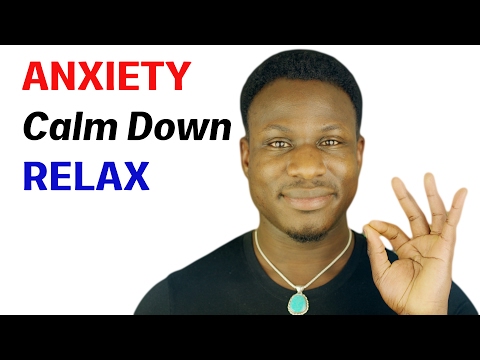
Read more: “4 things on your resume that will help the employer to choose you”
Use exposure therapy
A complex combination of words with a simple meaning - a meeting with your problem "on the forehead." It is important to understand that this is NOT a fight against a problem. The point is to acknowledge the existence of anxiety, not to get rid of it completely.
Don't ignore things that make you feel anxious. For example, to move up the career ladder, you need to learn English, but you haven’t opened your textbook for three days and you constantly scold yourself for it. This lowers your self-esteem and increases your anxiety about your success at work and in life.
Give yourself a full day of rest without worries or self-criticism. Imagine that this is an official vacation or vacation. And then gradually get down to business: you can start with one page of English text per day or a five-minute video. Gradually, you will accustom your body to the load and develop a habit.
Keep a sleep schedule
It is during sleep that growth hormone is produced, which is responsible for the restoration of our body, including the nervous system. Especially if we go to bed before 12 o'clock at night.
The BBC TV show Trust Me I'm a Doctor, in collaboration with the University of Oxford, did a little experiment on how sleep affects our psychological state. The study involved people who are distinguished by "strong sleep". During the experiment, the participants were given conditions: in the first three nights they had to sleep for 8 hours, which is the norm, and the next three nights - for 4 hours. Every day, the subjects answered questions that helped determine changes in their psychological state, behavior and emotions. The results showed that after two nights of sleep deprivation, negative emotions began to predominate in the subjects, as well as an increase in distrust of others and aggression.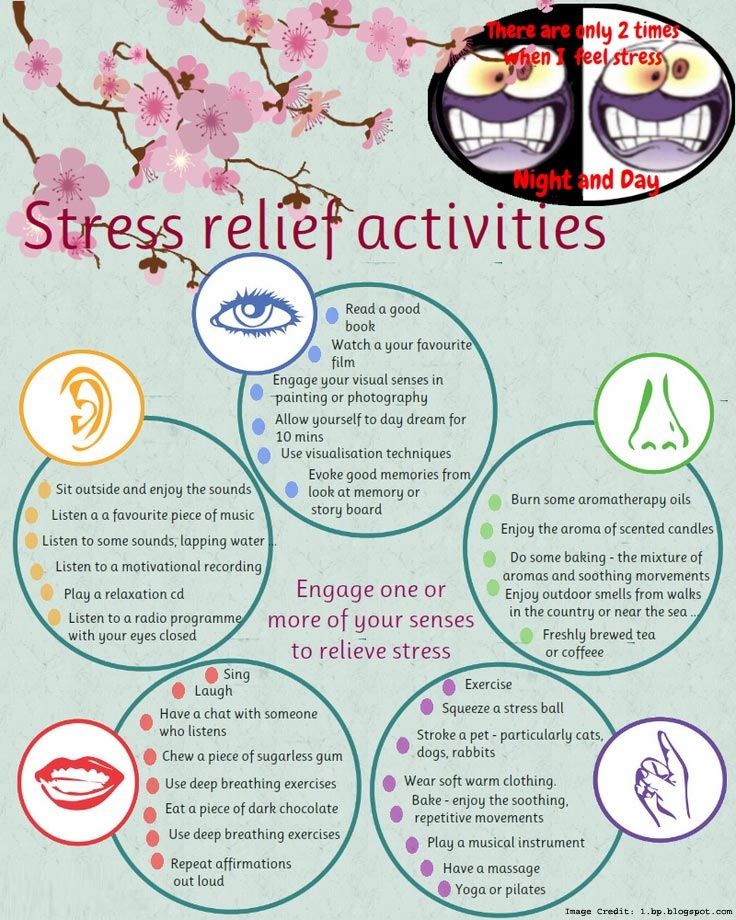
The study also shows that insomnia is not always the result of mental disorders, sometimes it is lack of sleep that provokes the appearance of psychological problems.
Switch
It is important to periodically switch from one activity to another - for example, from physical activity to mental activity. So, when you go in for sports, there is a restoration of brain functions due to the supply of oxygen. And with mental stress, the muscular system is restored by improving blood flow in the muscles.
A simple alternation of work and study with a little physical activity will improve the functioning of the body's metabolic processes, and at the same time speed up the restoration of the nervous system, contributing to its strengthening.
Meditate and breathe
Meditation and breathing are sure helpers in overcoming psychological instability. A Johns Hopkins University study found a relationship between meditation practice and reduced symptoms of depression and anxiety.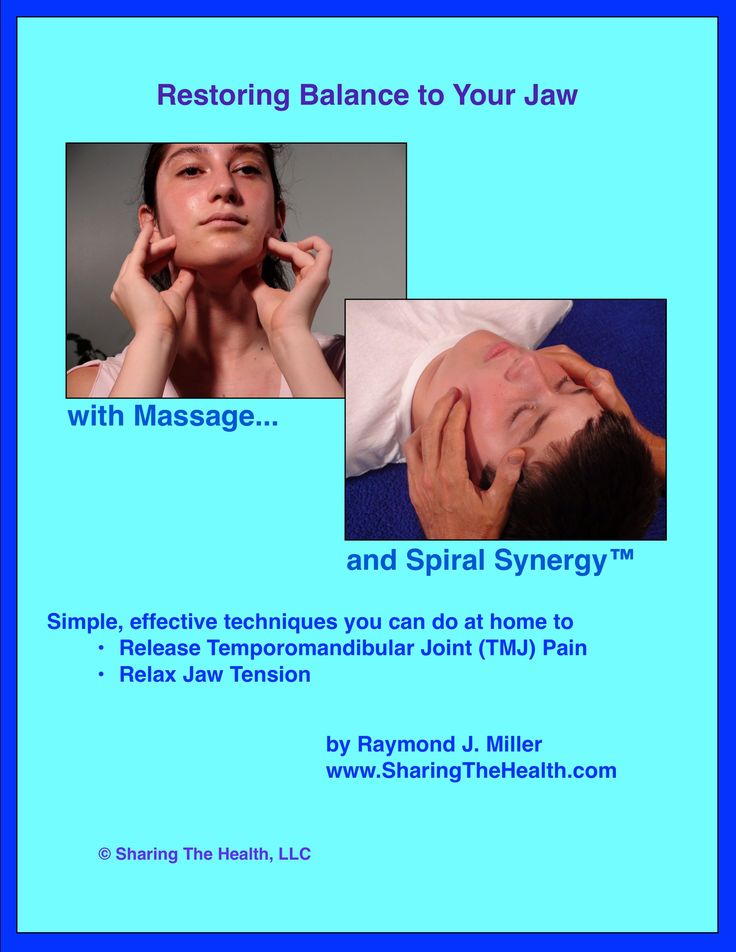 The team of researchers found that the effect of meditation is comparable to the effect of depressants - in this case, being a more useful solution to the problem, as it does not cause side effects. Meditation also helps to switch the work of the brain and focus on yourself, and not on the "noise" around.
The team of researchers found that the effect of meditation is comparable to the effect of depressants - in this case, being a more useful solution to the problem, as it does not cause side effects. Meditation also helps to switch the work of the brain and focus on yourself, and not on the "noise" around.
Breathing techniques are equally beneficial: they improve blood circulation and help to speed up the overall metabolism. Also, the deep breathing technique, combined with relaxation exercises, reduces nervous tension well.
Abstract
Routine helps reduce anxiety. Engage in hobbies, watch movies, clean up, play sports - try to periodically disconnect from the news flow and take time for yourself and your body.
Read more: "What to do with a child at home at any age"
If your anxiety does not go away, consult a doctor - this way, you can quickly understand yourself and solve internal problems! Do not forget that your health is the most valuable thing and going to a specialist is an act that you do primarily for yourself.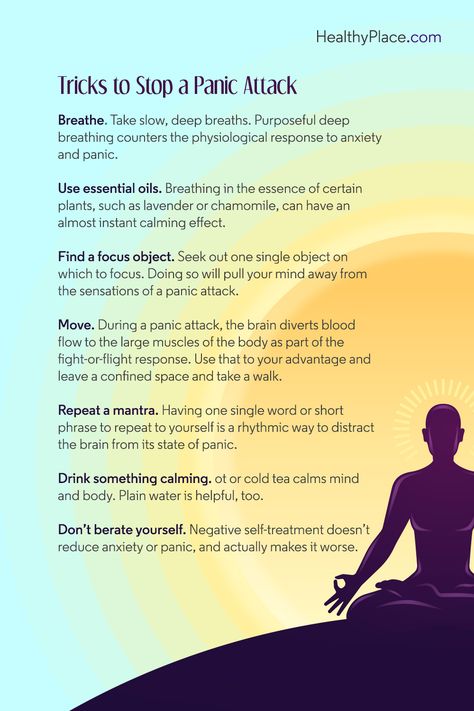
How to calm down: 10 ways to quickly pull yourself together
When terrible events happen in the world, it is common for a person to experience stress, shock and panic from receiving bad news. Now we all constantly read and listen to the news, trying not to miss a single detail of what is happening. The information field inflames the nervous system, therefore, together with psychologists, RBC Style prepared instructions on how to calm down when a feeling of anxiety appears.
If we receive a lot of negative information at once, panic and terror can set in. They are easily identified by a rapid pulse, shortness of breath, and a feeling of tightness in the chest [1]. Often, along with anxiety come sweating, chills and tremors inside. The symptoms are somewhat similar to a panic attack, but are not as pronounced. The hormone cortisol is responsible for this response. The task of this steroid is to give us strength in case of severe danger. It increases blood pressure and blood sugar levels [2] and also helps to survive pain.
© unsplash
Advertising on RBC www.adv.rbc.ru
Experts in the article:
Anastasia Afanasyeva, psychotherapist, clinical director of the online platform for the selection of psychologists and psychotherapists Alter;
Olya Osokina, founder of AIBY health-tech company;
Sofya Khasieva, therapist, leading specialist of the Semeynaya clinic network
The release of cortisol in itself is not harmful, but on a “regular basis” it can lead to various psychological disorders. Therefore, it is very important to be able to cope with anxiety attacks. But what methods really work?
1. Breathe
The body copes with muscle spasm due to the release of hormones through rapid breathing. Our body at this moment is ready for decisive action. There is no need to run headlong, you need to concentrate and restore your breath.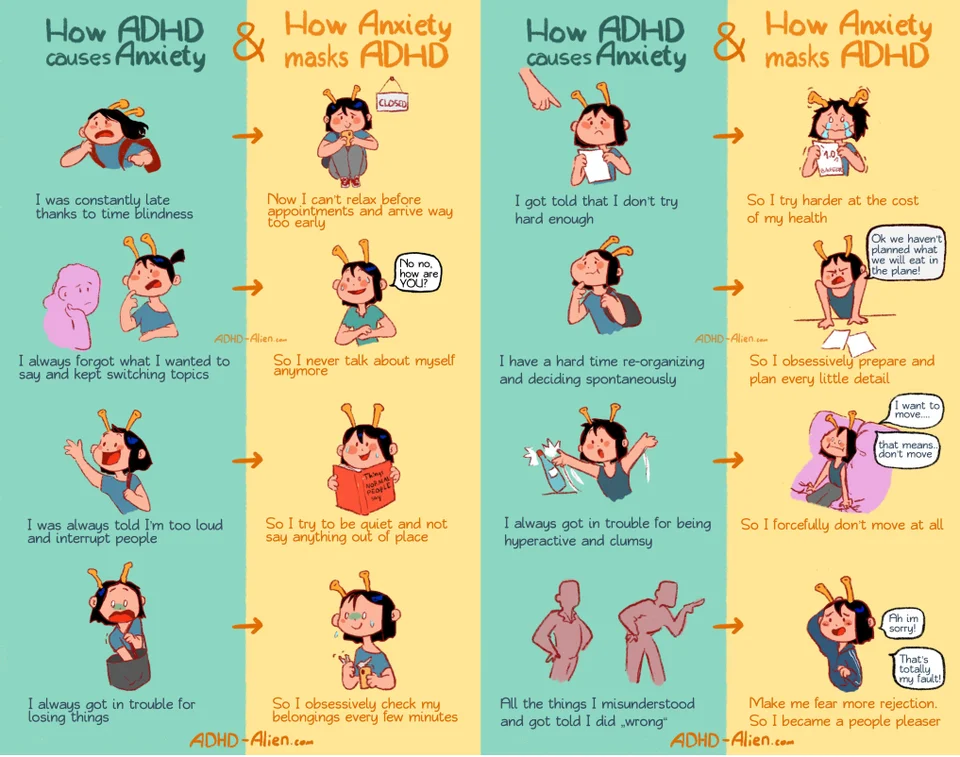 Scientists have described effective techniques [3]:
Scientists have described effective techniques [3]:
- inhale slowly and for a long time through the nose;
- exhale even more slowly and deeply through your mouth;
- close your eyes and focus on your breath;
- you can start counting your exhalations.
This technique will help you switch your attention to your own body, which means you can relax a little. Moreover, self-regulation of breathing is recognized by scientists as the primary treatment for anxiety disorders [4].
Olya Osokina, founder of health-tech company AIBY:
“It's better to breathe this way: the exhalation is longer than the inhalation. For example, for four counts - inhale, for eight counts - exhale. Gradually increase the number of exhalation counts, bringing their number to 16. In a minute, you need to take 12 breaths and exhalations. There is another useful exercise. When you are calm, not anxious or afraid, try to get scared. You will feel surprised and maybe even laugh. With the help of this exercise, you will train yourself and at the moment of fear you will perceive it differently and it will be easier to live.
There is another useful exercise. When you are calm, not anxious or afraid, try to get scared. You will feel surprised and maybe even laugh. With the help of this exercise, you will train yourself and at the moment of fear you will perceive it differently and it will be easier to live.
Anastasia Afanasyeva, psychotherapist, clinical director of the online platform for the selection of psychologists and psychotherapists Alter:
“In fact, there is no right and wrong method of breathing to cope with panic. Moreover, it is important to understand that breathing practices should not become "protective" behavior, that is, a way to avoid anxiety. We use breathing practices to allow us to "ground ourselves" and return from anxiety to the present moment. To do this, you should pay attention to breathing, without changing it in any way, just noticing the inhalation, exhalation, the way the air passes through the respiratory tract.
Sofya Khasieva, therapist, leading specialist of the Semeynaya clinic network:
“Proper breathing plays a great role in reducing anxiety levels.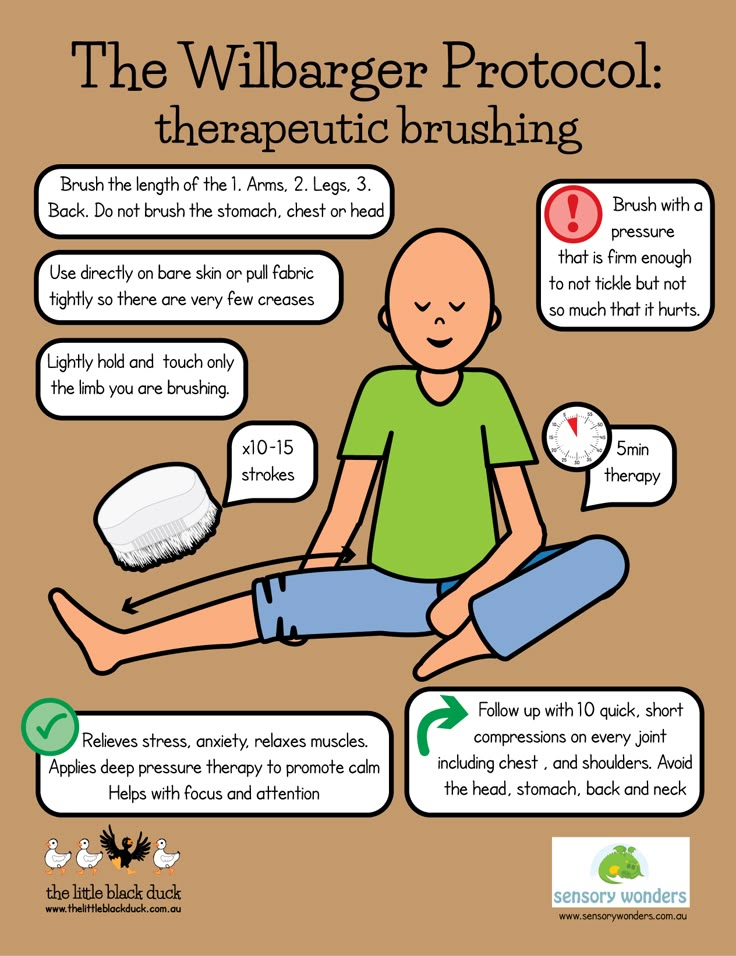 Being in a state of panic and fear, we may not notice how our breathing has become frequent and shallow - chest. Here the technique of diaphragmatic, abdominal breathing with a long exhalation will come to the rescue. It is the most physiological for a person, as it provides optimal gas exchange in the lungs, and also stimulates the activation of the parasympathetic nervous system, which is responsible for relaxing the body, including slowing down the pulse, normalizing intestinal motility, and improving blood supply.
Being in a state of panic and fear, we may not notice how our breathing has become frequent and shallow - chest. Here the technique of diaphragmatic, abdominal breathing with a long exhalation will come to the rescue. It is the most physiological for a person, as it provides optimal gas exchange in the lungs, and also stimulates the activation of the parasympathetic nervous system, which is responsible for relaxing the body, including slowing down the pulse, normalizing intestinal motility, and improving blood supply.
Breathing practices are the basis of meditation. Her task is to build relationships with her body. There are many meditation techniques, and they will be useful to any person: the main thing is to find the right one for yourself. You can start just with conscious breathing.
Breathe Properly: How Mindful Breathing Can Improve Your Health
2. Stop Doomscrolling
The term doomscrolling is relatively recent, and refers to the continuous browsing of feeds in search of bad news.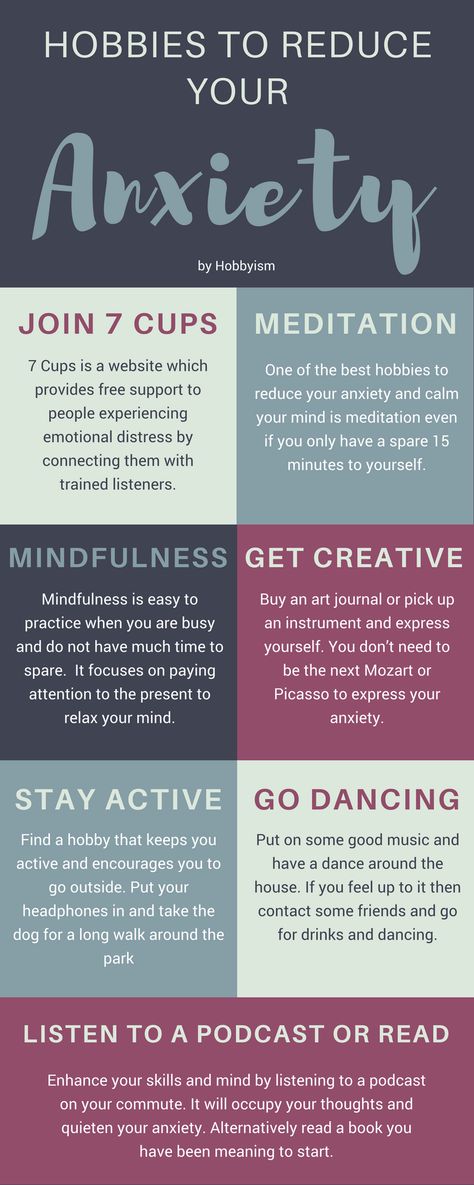 Surely, you forced yourself to do this. Unfortunately, it can only increase anxiety and cause negative consequences [5]. Psychologists recommend limiting the consumption of news content to individual hours, if you can’t refuse it altogether.
Surely, you forced yourself to do this. Unfortunately, it can only increase anxiety and cause negative consequences [5]. Psychologists recommend limiting the consumption of news content to individual hours, if you can’t refuse it altogether.
“Make time for yourself during the day when you read the news: for example, 15 minutes in the morning and 15 minutes in the evening. The rest of the time, turn off notifications from news channels, remove them from the visibility zone. In Telegram, these channels can be archived,” advises Anastasia Afanasyeva .
“Consuming news is the most popular activity for everyone these days, whether it's watching TV, reading news feeds, or surfing social media. I recommend prioritizing and choosing yourself over the news. It's important to set boundaries. For example, today I will watch the news for 2 hours, but the rest of the time I will devote to myself and pressing issues,” says Olya Osokina, founder of AIBY’s health-tech company.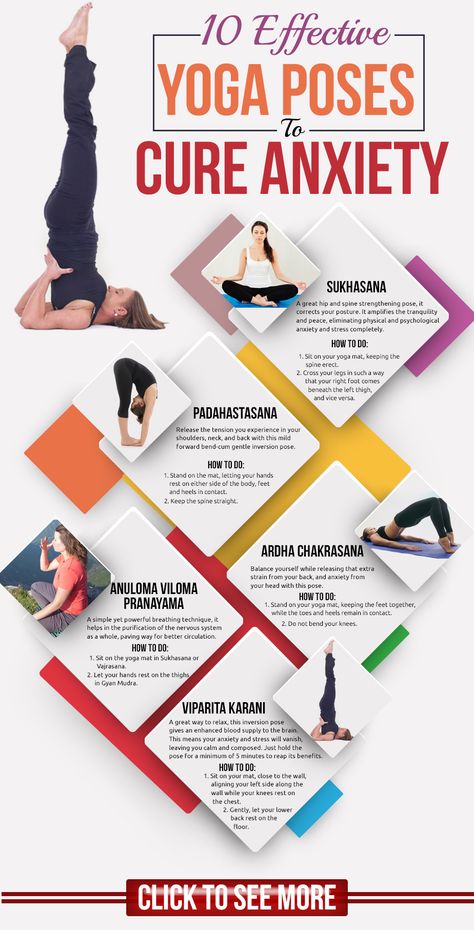
3. Use fragrances
Known fact: the smell of lavender has a positive effect on the body and promotes relaxation. Some studies have shown that inhaling the aroma of this plant helps with anxiety disorders [6]. You can light candles, buy a diffuser, or take a warm bath with lavender salt.
© unsplash
4. Write down your feelings
Doctors recommend using the expressive writing technique for prolonged stress. Dr. Pennebaker found that journaling can help relieve stress and combat the effects of mental trauma [7]. But even with sudden attacks of anxiety, this technique can help relieve tension. In fact, this is the same as speaking out - voicing your fears and leaving it on paper. You don't have to think about what you are writing about. Just set a timer for 20 minutes and start writing down everything that bothers you, regardless of mistakes and punctuation.
5. Go for a walk
In a situation where your heart rate and blood pressure are high, exercise is not a good idea.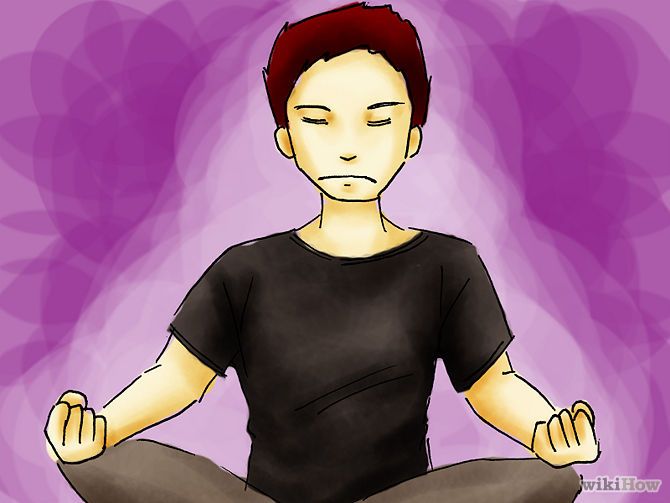 This will be an additional burden on the body. Walking, on the other hand, can help calm you down. What’s more, walking in the woods has been found to help reduce anxiety [8]. In the conditions of the city, a park can become a substitute for a forest.
This will be an additional burden on the body. Walking, on the other hand, can help calm you down. What’s more, walking in the woods has been found to help reduce anxiety [8]. In the conditions of the city, a park can become a substitute for a forest.
6. Drink water (but not alcohol)
Many people find that they lose their appetite when they are stressed or panicked. This is explained by the same release of hormones that prepare the body for an attack and turn off functions that are unnecessary at the time of danger, such as hunger. A glass of cool water, on the other hand, can help relieve symptoms of anxiety, especially if you're not hydrated and not drinking enough fluids. Scientists have found that there is a link between water deficiency and depressive and anxiety disorders. Dehydration can exacerbate stress symptoms [9].
It is important to remember that caffeinated beverages and alcohol can only worsen your condition. Try to avoid them.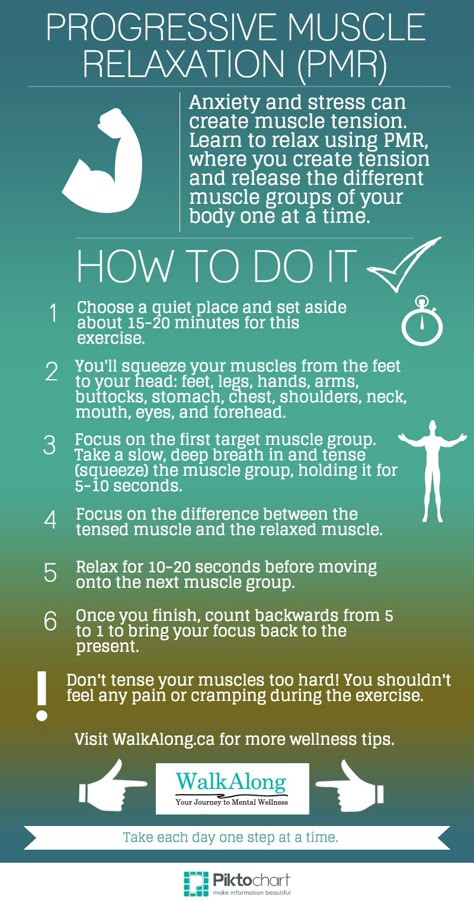
Anastasia Afanasyeva:
“Anxiety is best dealt with by experiencing emotions, rather than trying to relieve them with drugs or food. This behavior can lead to drug abuse or compulsive overeating. Breathe, walk, talk to your loved ones. Coffee and tea, especially green tea, contain caffeine, which will only increase anxiety. Alcohol, although it can dull the condition for a while, is a depressogen. That is, after the effect of alcohol wears off, the likelihood of a decrease in mood increases greatly. If you feel that it is very difficult to cope on your own, then you can use valerian.
7. Switch
To get rid of the oncoming anxiety, you should try to switch to another activity, such as cleaning.
Olya Osokina:
“Switching to the body is a good technique, because during a panic, as a rule, a person is “thrown” out of the body and our task is to return to it. There are people who dispose of their emotions (anxiety and fear) while cleaning or washing dishes.
Sofia Khasieva:
“Thanks to Ivan Mikhailovich Sechenov's research in the field of physiology, we know that the best rest for the body is a change of activity. Therefore, a pleasurable physical activity or creative process will be useful, singing is especially useful for relieving anxiety (largely, again, due to the influence of respiratory movements on the nervous system).
© pexels
8. Buy an anti-stress toy
These items are called that for a reason - they can really help. As a rule, such toys involve fine motor skills. You do something with your hands, it calms and distracts from bad thoughts.
Anastasia Afanasyeva:
“They help keep your hands occupied when you're anxious and shift your focus away from destructive behavior like trying to bite your nails, pick at sores, and so on. Of course, they will not be able to remove the main wave of anxiety and stress. ”
”
Olya Osokina:
“Toys like this work well. But you need to choose an anti-stress item that is right for you, for example, a pillow with balls, where you can use fine motor skills.”
9. Turn on the blue light
Scientists have found that blue light has a calming effect on the nervous system [10]. It is also used to treat sleep problems. But even in the event of an attack of anxiety, it can bring relief. If there is no suitable lamp at hand, doctors recommend going outside. Daylight has a positive effect on our body, thanks to the sun, the hormone of joy, serotonin, is produced, which will definitely help in the fight against fear.
Anastasia Afanasyeva:
“Color has no effect on the level of anxiety that reigns in society today. Rather, it is important to go outside under natural light to promote the production of vitamin D. It has a positive effect on mood and immunity. ”
”
Olya Osokina:
“In my opinion, color and light should be considered individually for each person. Generally speaking, a soft, unsharp light that doesn't dazzle your eyes works best. People often talk about the color blue because it is associated with calmness and peace and evokes positive emotions.”
10. Seek help
If you experience uncontrollable panic attacks that recur constantly, you should seek help from a therapist or psychologist.
Sofya Khasieva:
“The ability to feel fears and doubts about future events, based on previous experience, helps to avoid perceived dangers and, ultimately, to survive. However, in today's busy world, the ability to worry can be very maladaptive. Our task is to learn how to regulate anxious reactions and support ourselves in difficult times.
When acute or chronic anxiety prevents you from adapting to the situation and life in general, communicating with people, building relationships, achieving goals, you need to see a doctor.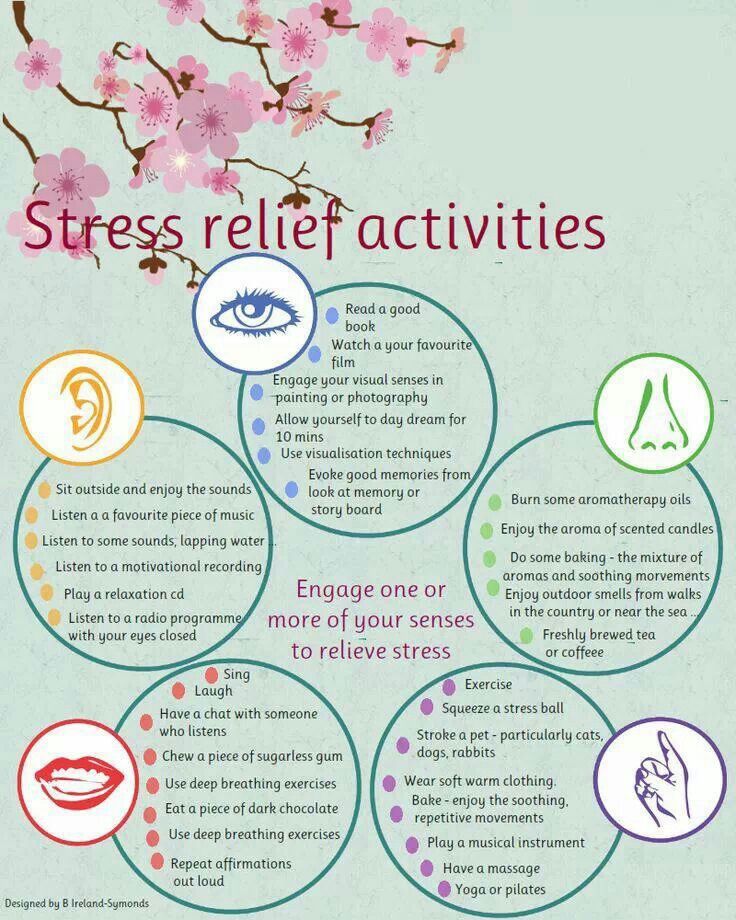 If your anxiety is so strong that it affects sleep and appetite, you find it difficult to perform routine activities or try new things, and panic attacks make you unable to leave the house, then it may not just be anxiety, but about anxiety disorder.
If your anxiety is so strong that it affects sleep and appetite, you find it difficult to perform routine activities or try new things, and panic attacks make you unable to leave the house, then it may not just be anxiety, but about anxiety disorder.
The spectrum of anxiety disorders is diverse. They are treated by psychotherapists and psychiatrists. They use a combination of non-drug and drug therapies. Choose psychotherapists and psychologists who work in well-researched areas (e.g., cognitive behavioral therapy, EMDR) that are highly effective.”
Anastasia Afanasyeva:
“You should go to the doctor if you have panic attacks almost every day, you can’t sleep and/or eat, your mood has steadily decreased, and thoughts of a suicidal nature have appeared. In this case, you should consult a psychiatrist or psychotherapist.
If you feel a surge of panic, remember that panic is a manifestation of intense anxiety and an adrenaline rush.